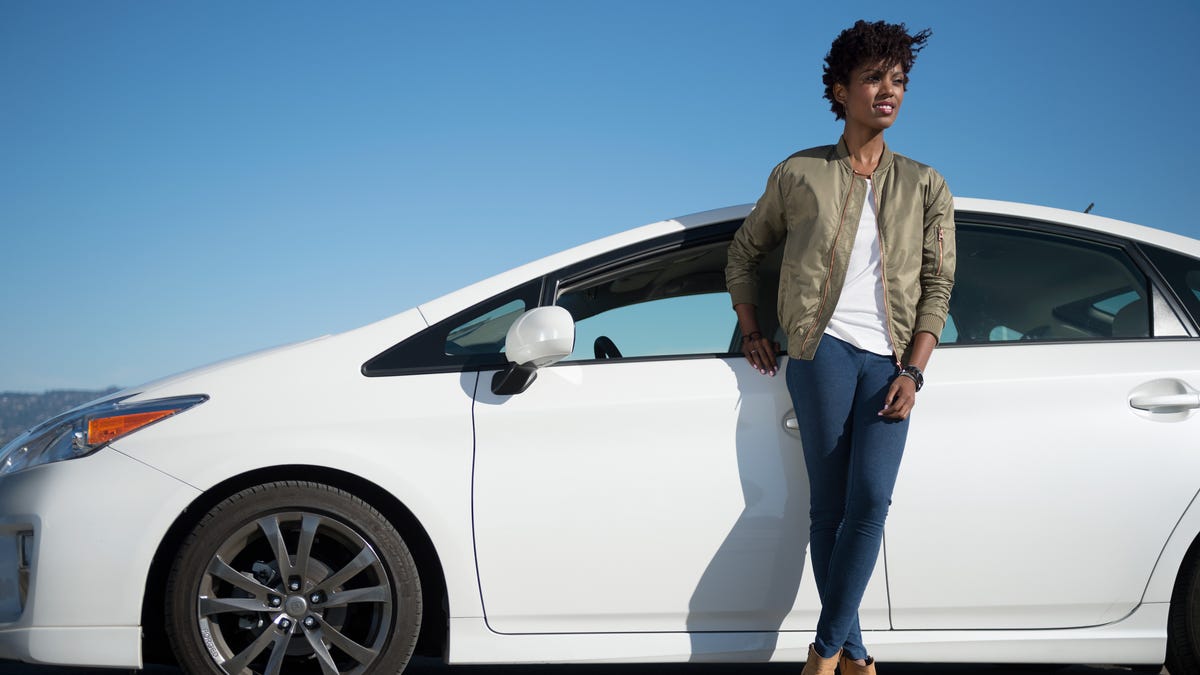Discriminated against by an Uber driver? Study says you're not alone
Black passengers using ride-hailing apps reportedly have longer wait times and more canceled rides than white passengers.

A National Bureau of Economic Research study finds that some Uber and Lyft drivers discriminate against black passengers.
If you're black or have an "African-American-sounding" name, you're twice as likely to have your Uber ride canceled, according to a study by the National Bureau of Economic research released Monday.
Researchers from the Massachusetts Institute of Technology, Stanford University and the University of Washington found that black passengers hailing rides with Uber and Lyft faced more canceled rides and longer wait times than white passengers. The researchers also found that female passengers were taken on longer and more circuitous routes than men, which tallied up in costlier rides.
Many Silicon Valley tech companies have come under fire over the past couple of years for discrimination. Some companies have been criticized for not hiring enough women and people of color, while others have been accused of not doing enough to fight discrimination on their platforms. Home-rental company Airbnb rolled out an anti-discrimination policy last month after claims that some renters were turned away for their race or sexual orientation. And when online community message board Nextdoor was blasted as being a magnet for racial profiling, it added an algorithm that screens its site for racially charged language.
"In many ways, the sharing economy is making it up as they go along," Christopher Knittel, professor at MIT Sloan School of Management and an author of Monday's study, told Bloomberg Businessweek. "A lot of this is a learning process, and you can't expect these companies to have everything perfect right out of the gate."
Uber and Lyft offer mobile apps that let passengers hail rides from their cell phones. Both companies have grown at a fast pace and have overtaken taxis in many major cities. Uber and Lyft say their platforms allow for less discrimination than taxis because the apps match passengers with drivers using an algorithm rather than street hails, like taxis. But, according to the study, some discrimination is still happening.
Researchers sent passengers to Seattle and Boston for the study and had them hail about 1,500 rides over a period of six weeks. The researchers found a "pattern of discrimination" in Seattle where black passengers had a wait time of as much as 35 percent more than white passengers. In Boston, drivers canceled on passengers with black-sounding names at twice the rate of passengers with white-sounding names.
There was some discrepancy between Uber and Lyft. In Seattle, black passengers experienced longer wait times on Uber, but not Lyft; however, drivers on both platforms took longer to accept rides for black passengers. In Boston, Uber drivers were more likely to cancel on black passengers than Lyft drivers. Uber drivers don't see passenger names until after they accept a ride, but Lyft shows passengers' names and faces before drivers accept fares. While this Lyft feature could make for a friendlier interaction, it could also mean that drivers ignore ride requests from black passengers.
Lyft spokesman Adrian Durbin said the company does not condone this type of behavior.
"Because of Lyft, people living in underserved areas -- which taxis have historically neglected -- are now able to access convenient, affordable rides," Durbin wrote in an email to CNET. "We provide this service while maintaining an inclusive and welcoming community, and do not tolerate any form of discrimination."
Uber didn't respond to request for comment.

